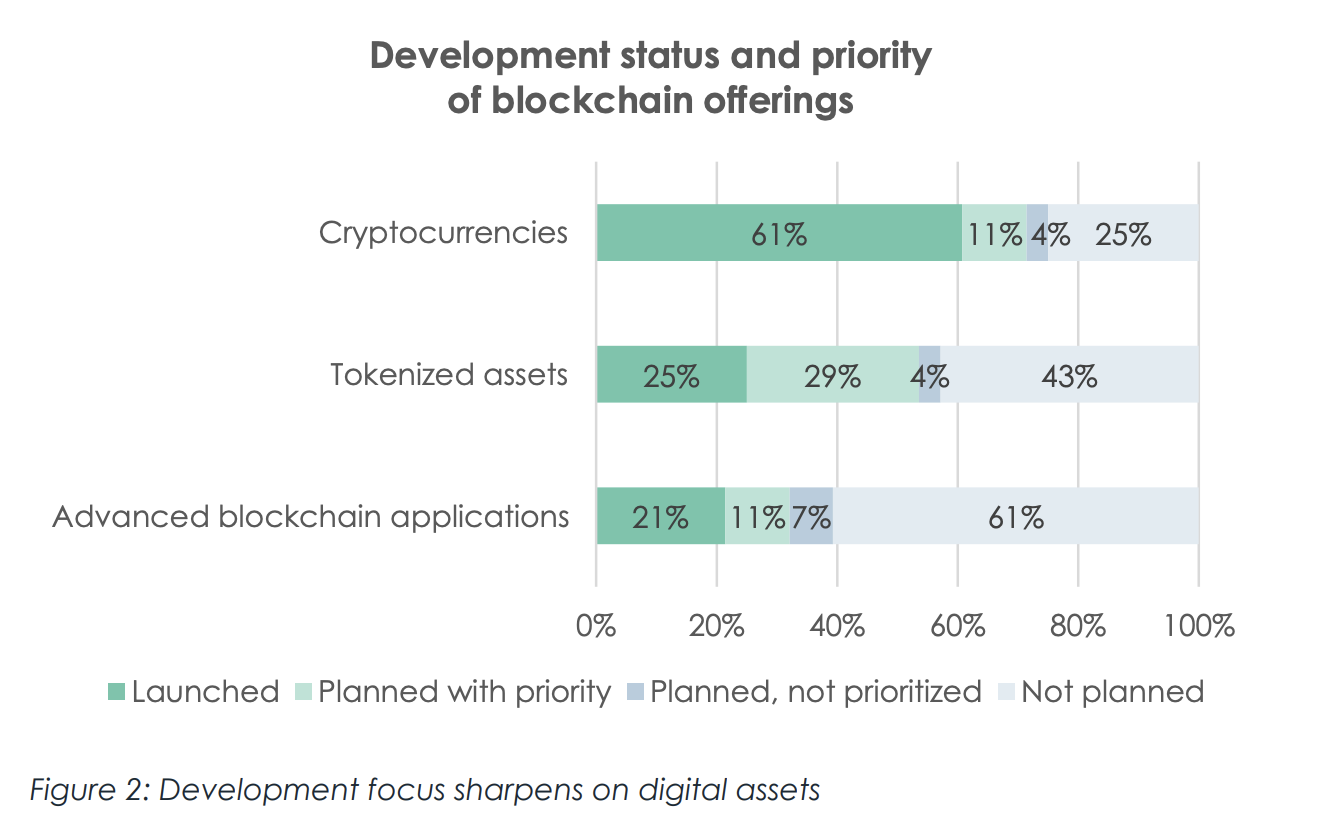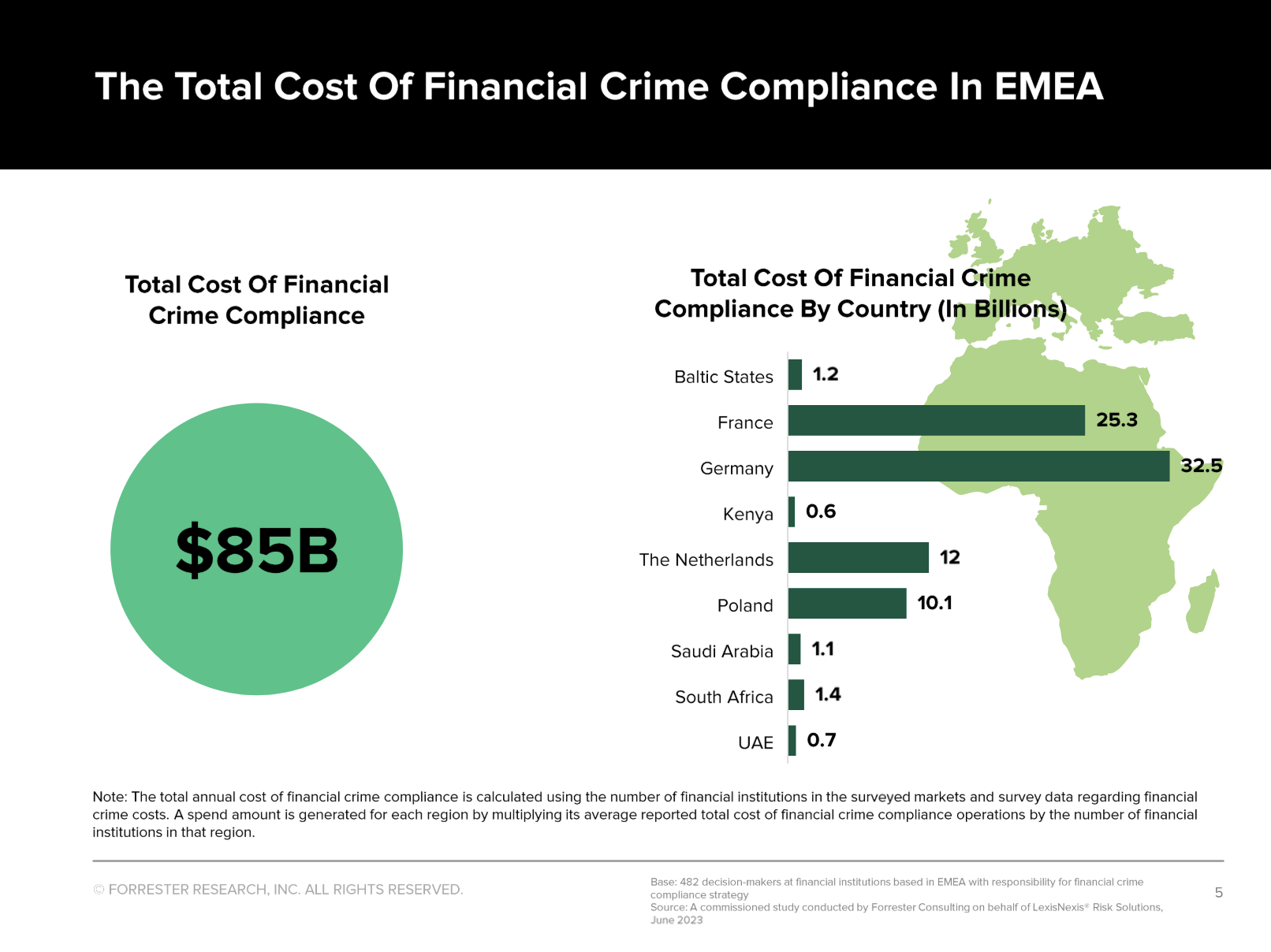A former SNB chief economist says that capital controls are impossible, just empty words. In case of a Euro break-up the Swissie must rise together with USD, GBP and JPY
An article, surprisingly from the usually left-wing Tagesanzeiger, more or less closely translated with some additional remarks.
Professor Kurt Schiltknecht, 1974-1984 Chief Economist of SNB, told an anecdote. In the 1970s the Swiss franc was – like today – under strong upward pressure. Fritz Leutwiler, former President Director of the SNB wanted to define in this situation, a lower limit for the D-Mark. He, Schiltknecht, argued that was no use. Leutwiler replied that he knew well. But if the political pressure is too big, the central bank should just announce something no matter what.
Author’s remark: Schiltknecht strongly critized the SNB, when it intervened “far too early” at the EUR/CHF level of 1.40, but was in favor of the floor of 1.20.
With the political pressure on the SNB, its independence from the politicians is always challenged ? “My experience is,” says Schiltknecht, “that the pressure is always very high on the SNB monetary policy.” At least such statements give the people the feeling that the central bank were prepared for everything.It raises the question of what Thomas Jordan, the current President of the Directorate of the SNB, with his statements in the “Sunday paper” really aimed to say. To combat the strong franc, the central bank is thinking about other measures such as “capital controls, these are arrangements that affect the inflow of capital into Switzerland directly.”
Capital always finds its way
“Attempts to control the movement of capital, have never happened”, Schiltknecht says. The economic historian Tobias Straumann agrees: “Negative interest rates or taxes on investments in Swiss francs can be bypassed very easily.” On the foreign exchange market in London would any investor buy francs and “hold francs anywhere in the world where the Swiss authorities do not have access”. …
The capital control measures in 1970s
In the 70s there were three main measures that were enacted:
- Prohibition of investment by foreign funds in Swiss securities and real estate.
- Ban on paying interest on CHF deposits belonging to foreigners
- Taxation of CHF deposits belonging to foreigners with a negative interest rate
Initially these measure were foreseen as a gentlemen’s agreement between the National Bank and banks. As the banks did not really implement them, the government enacted the measures by law. However, they proved to be ineffective, money always finds its way…
Author’s remark: As opposed to Switzerland in the 1970s, Brazil had implemented in 2010 even stronger measures, which still could be circumvented. The Swiss situation is different to Brazil. Brazil is not a safe-haven, it does not have a big private banking sector. Swiss banks, especially now, experience big inflows from the Emerging Markets, where inflation and a starting sell-off in the real-estate markets (here and here) have triggered strong capital inflows into Switzerland.
Enormous costs for capital controls
The Swiss Banker’s Association is skeptical versus capital controls. “Switzerland is well run as an open economy”, says its spokesman Thomas Sutter. “The widespread implementation of these controls in today’s global world is practically impossible.” Pronouncing these types of enactments is not everything. The capital controls would need to be controlled. The banks would have to report any money transfer, cross-border cash movements should be controlled. The costs would be enormous.
Author’s Remark: Switzerland has two particularly important sectors: The exporters, who take profit when the world economy expands and the banks who take profit of the Swiss status as safe-haven, often demanded when the world economy contracts. Whereas exporters expanded between 2009 and 2011, banks experienced slow growth. Now it might be just the opposite, banks like UBS have strong inflows. If capital controls are really implemented, they would limit the capital inflows toSwiss banks which bankers strongly oppose (see what former UBS boss Grübel says). Strong capital inflows, again help the local Swiss economy and the Swiss real-estate sector. Exporters and safety flow into private banks, create out of Switzerland, a “perpetuum mobile”, an economy that always expands, no matter what the world economy is like. The only risk factors are a real-estate bust and a depression of the German economy, both happened between 1995 and 2005. See full details here.
Swiss economy is strong enough
As an economist, Kurt Schiltknecht may not believe that the National Bank is considering seriously such interventions in the capital market. The Swiss economy does not need such protective mechanisms. …. Despite the appreciation of the franc, despite all the moaning and groaning about the exchange rate, the Swiss economy is not harmed. “Should it really come to a further appreciation wave,” said Schilt servant. “This is certainly not pleasant”. But if the euro zone experiences a break-up, other currencies – dollars, pounds and yen – would rise. “If the franc rises together with these currencies, we can be happy.“
Author’s Remark: He is saying that in the case of euro break-up the euro will strongly devalue (i.e. EUR/USD = 1.00 or lower). The EUR/CHF floor must break, otherwise Switzerland would experience strong inflation. And the Swiss would be happy that the floor had broken.
See also the JP Morgan comment on negative interest and capital controls.
Are you the author? Previous post See more for Next post
Tags: 1970s,Capital Controls,Deposits,floor,Japanese yen,Jordan,negative interest,negative interest rate,Safe-haven,Swiss National Bank,Switzerland,Tax,UBS



























